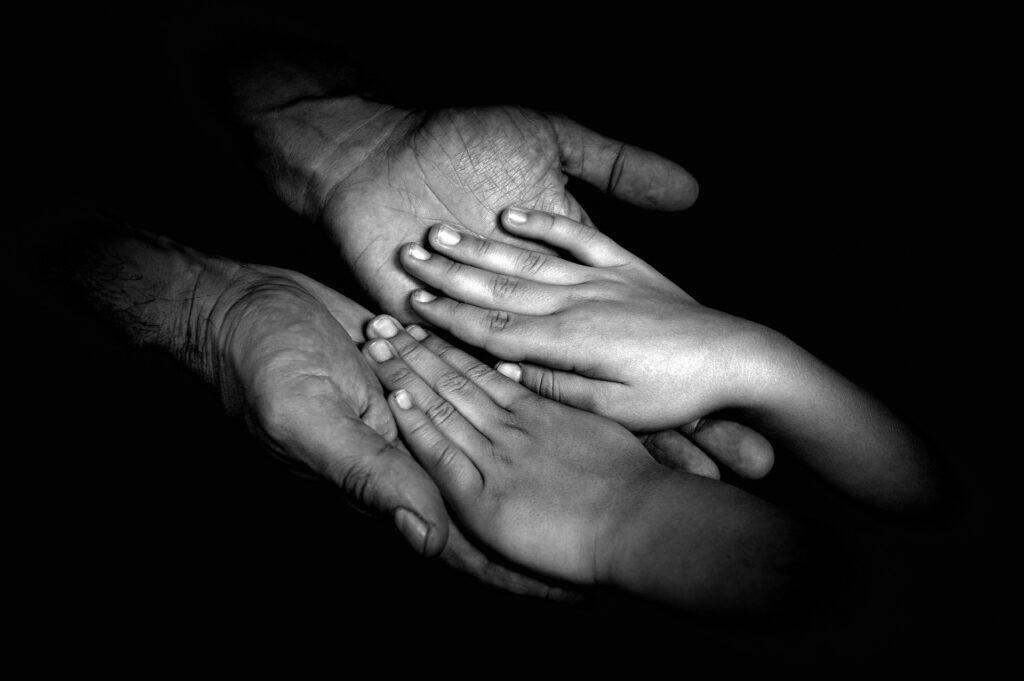Developmental trauma occurs when a person experiences intense stress, adverse or traumatic events over a period of time during their childhood or teenage years. This can include events such as physical, sexual or emotional abuse, neglect, poverty, family dysfunction, bullying, being exposed to violence or other catastrophic events. In many cases this kind of trauma is systemic or intergenerational in nature. The effects of these experiences are cumulative, meaning that each experience adds up until the individual reaches their breaking point.In most cases the effects of developmental trauma persist into adulthood, often resulting in complex post traumatic stress disorder. The physical effects of developmental trauma include increased heart rate, high blood pressure, difficulty sleeping, chronic fatigue, headaches, digestive issues and chronic tension or pain. On the mental and emotional side, it can lead to feelings of intense fear and existential terror as well as depression, anxiety, anger outbursts, flashbacks to traumatic memories, difficulty concentrating and making decisions, low self-esteem, social isolation or withdrawal from relationships and difficulty feeling joy or pleasure (anhedonia).










